View cart “Lotus Seeds” has been added to your cart.
Om Thali in Copper
₹500.00
Description
- Pooja plate is used for keeping Pooja items during Pooja.
- The Pooja items kept in a Pooja plate include Roli for tilak, Akshat,Ghanti (bell),a small Kalash filled with water,Kalava to tie around the wrist,aarti-diya and some colorful flowers.
- The Pooja -thali has special significance for the festivals.Agarbatti,camphor,coconut,belpatra,betel leaves,sandalwood paste,candles, flowers,seasonal fruits and sweets (as Prasad) and silver or gold coins having image of Goddess Lakshmi,Lord Ganesh,Om,Swastika or Shree are also kept in a thali.
- Made in copper with OM and Gayatri mantra inscribed on it.
Specifications
- Material – Copper
- Pack of – 1
- Size – (W x H) 20.32 x 1.90 cm
- Weight – 150 g
Categories: Pooja Ingrediants, Pooja Thalis
Related products
Brass Kalash
₹700.00
Description
- This lovely Kalash can be utilized karwa chauth and any event like wedding , commitment ,diwali , raksha bandhan or in any ceremonies, puja Brass Kalash keeps up an exceptionally propitious job as it is a piece of each religious customs.
- This is made of Brass material which makes it durable.
- Kalash is an important accompaniment in pooja rituals, weddings and important festive occasions.
- The water in Kalash is also used during abhishekam.
- Made in heavy shining brass.
Specifications
- Material - Brass
- Pack of - 1
- Size - (W x H) 8 x 9 cm
- Weight - 146 g
Turmeric Powder (Haldi)
₹30.00 – ₹55.00
Description
- Turmeric is considered highly auspicious in India and has been used extensively in various Indian ceremonies for millennia.
- Even today it is used in every part of India during wedding ceremonies and religious ceremonies
- Turmeric has played an important role in both Buddhist and Hindu spiritualism. The robes of the Buddhist monks were traditionally colored with a yellow dye made of turmeric.
- It is used in pooja to make a form of Lord Ganesha.
- Ganesha, the remover of obstacles, is invoked at the beginning of almost any ceremony and a form of Ganesha for this purpose is made by mixing turmeric with water and forming it into a cone-like shape.
- It is offered to Gods during pooja.
Quantity
- 50 gms , 100 gms
Jau (Barley) grains
₹25.00
Yellow Mustard (Pili Sarso)
₹50.00
Panchmeva
₹310.00
Akshat / Rice
₹100.00
Description
- Akshat basically consists of uncooked un-broken pieces of rice.
- Akshat is believed to be equal to offering clothes, jewelry, food, or any other offering.
- Akshat is usually thrown over the head of the devotees during Pooja and during functions like marriage and other auspicious events.
- Akshat / Rice Grains is one of the primary things without which the worship of the deity cannot be accomplished in a proper way.
- They are actually the symbols of prosperity and wealth.
Quantity
- 250 gms
Kala Urad / Black gram
₹55.00
Havan Samagri
₹140.00
Description
- The Havan Samagri is a sacred offering in the yagna and each item of the samagri is significant.
- The havan samagri is offered in the fire during yagnas and homas, after completion of every mantra chant.
- Havan Samagri (a mixture of various dried herbal , roots and leaves) is offered in the ablazed fire which disseminates in micro form, in the air, to purify the environment besides activating the air as disinfectant germicidal agent.
- It is anti-bacterial and is made from high grade raw materials. It is 100% natural Havan Samagri.
Contents
- Made from ayurvedic havan exotic herbs, Black til, Jo, 32 types of dhoop, Bhimseni kapoor, rose petals, sandalwood powder, lobaan, ghee, chandan
Quantity
- 100 gms


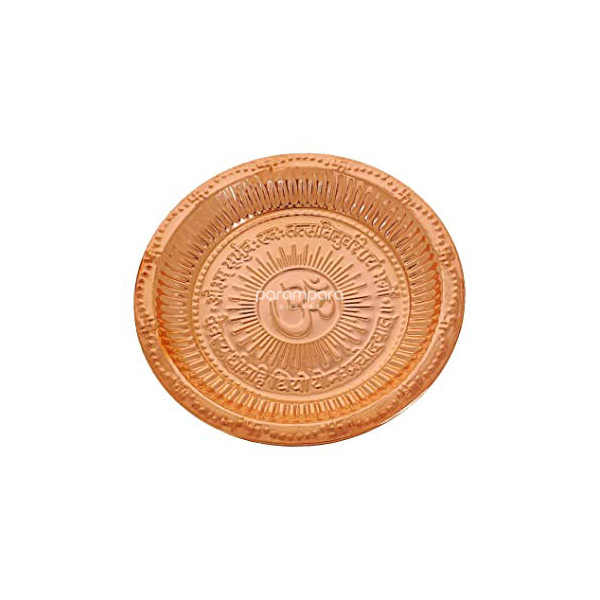
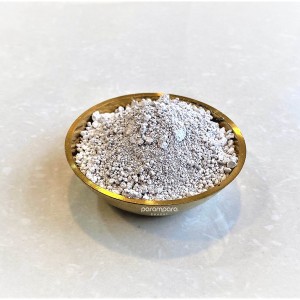

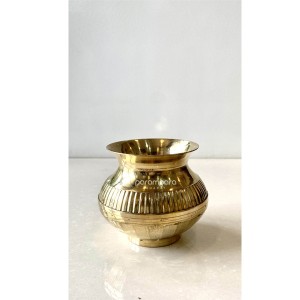
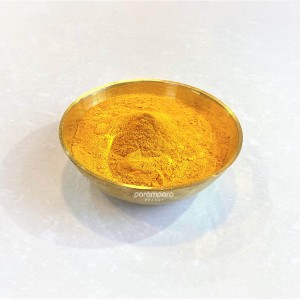
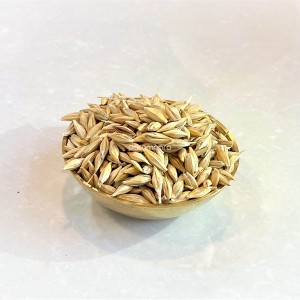
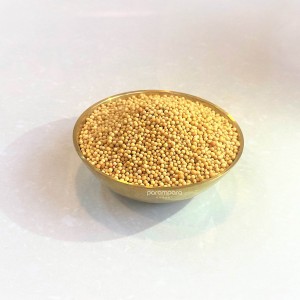
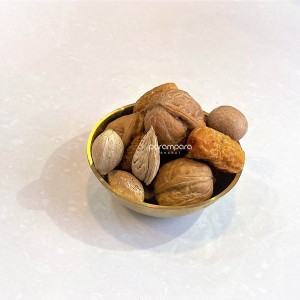
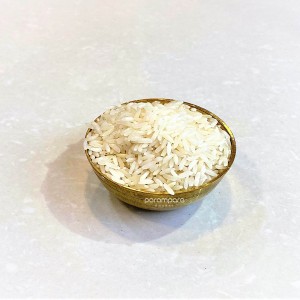




Reviews
There are no reviews yet.